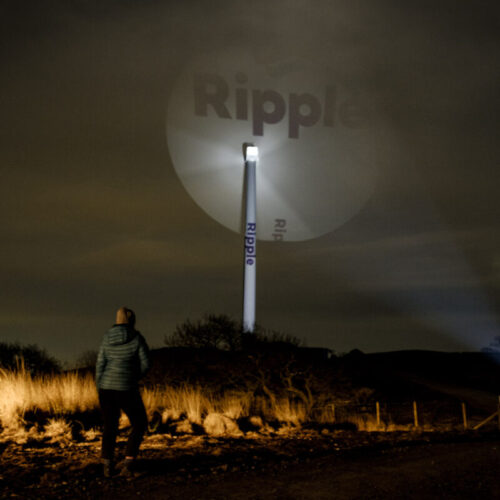New polling by the Energy and Climate Intelligence Unit (ECIU) has revealed that voters in the most rural parts of the UK are more supportive of net zero targets than the UK as a whole.
The Conservative Party’s vote share in rural communities has fallen from 50% in 2019 to 30% today. Of those who have withdrawn support for the party, 81% raise concerns about climate change as part of their reasoning.
Around 73% of rural voters are concerned about climate change, compared to 70% of the general population, and 68% are supportive of the UK’s net zero targets.
Among rural voters, 58% also say they would welcome a new onshore wind farm in their area, and 64% show support for local solar farms.
Tom Lancaster, land, food and farming analyst at the ECIU, said: “It makes total sense that voters in the most rural seats show high levels of support for net zero, when they see firsthand the impacts of climate change on farming and wildlife, and are often at greater risk of flooding. Sometimes characterised as less concerned about climate change, this polling shows in fact that rural people see it as a major concern.
“Rather than being ‘blockers’, rural voters also demonstrate strong support for the policies needed to tackle climate change, such as more funding for greener farming, and strong support for renewable energy in their area.”
Rural Britons feel disrespected
The polling found that the majority (56%) of rural voters feel that Rishi Sunak does not respect rural communities, with 41% feeling the same way about Labour leader Keir Starmer.
The news comes as Rishi Sunak has pledged to protect the nation’s food security by ensuring that solar developments are not placed on agricultural land.
With support from rural communities waning, both Labour and the Conservatives will need to prioritise these voters in their campaigns.
Tom Lancaster agrees, noting: “To win the respect of voters in these new electoral battlegrounds, all political parties are likely to need a strong offer on climate change, and should be wary of finding themselves on the wrong side of the debate from voters in these vital rural seats.”






